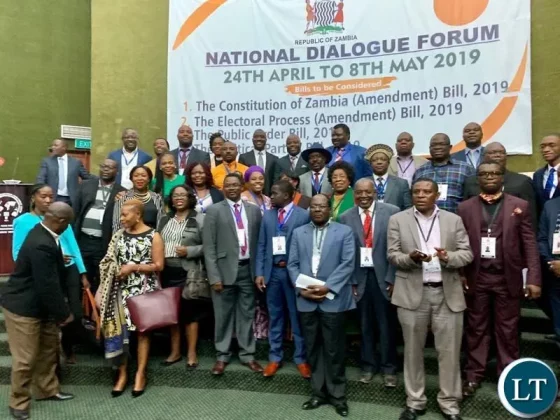Chibamba Kanyama
BUUMBA CHIMBULU writes
@SunZambian
THE Bank of Zambia (BoZ) should revisit upwards the monetary policy rate in the next sitting to counter the rising inflation currently at 19.2 percent.
Without first arresting the high rate of inflation, the growth rate in 2021 will be as subdued as it was in 2020, warns Bridges Limited Managing Consultant, Chibamba Kanyama.
The rising inflation, if not checked, could destroy economic confidence.
Mr Kanyama explained that much as it would not be a favourable intervention to raise the monetary policy rate given that industry was just beginning to respond, the real problem affecting investment currently and in future was inflation.
He stressed that it was ideal to revisit upwards the monetary policy rate given the non-responsiveness of industry to several measures put in place in 2020.
The monetary policy rate stands at eight percent, the lowest since 2012.
“Aside from an effective monetary policy rate, I do not see inflation rate coming down before June 2021 when the new crop comes into the market.
“We also have additional fears of a new wave of Covid-19 that may once again have an impact on both imported and locally produced products,” Mr Kanyama said in response to a press query.
He observed that one of the problems Zambia was facing was to pump liquidity into the system mainly through the BoZ Covid-19 relief package without corresponding measures to counter the inflationary impact.
The BoZ in April 2020 set up a K10 billion targeted medium-term refinancing facility aimed at cushioning the adverse effects of Covid-19 businesses for onward lending through commercial banks.
Mr Kanyama however said this had contributed to high inflation as the money being disbursed through the facility was not from circulating funds but most likely from created cash that had been pumped into the system.
He explained that other countries with similar relief packages pumped money into the system through support towards consumption and that the rise in demand was met with an immediate response from industry which increased output.
“If inflation indeed is about more money chasing after few goods, stimulus packages in industrialised countries rarely breed inflationary pressures because there is an immediate match between more money and increased industrial output.
“It is a little of a different story in Zambia where a stimulus package via support for demand redirects demand to imported products,” Mr Kanyama said.
He said the increased demand of imported products partially explained the current inflationary pressures as there was too much liquidity that had not been mitigated by other measures to counter inflation.
“What we did was actually the opposite; improve the liquidity position of the country and at the same time reduce the monetary policy rate to eight percent, which is also another way of improving liquidity,” Mr Kanyama said.











